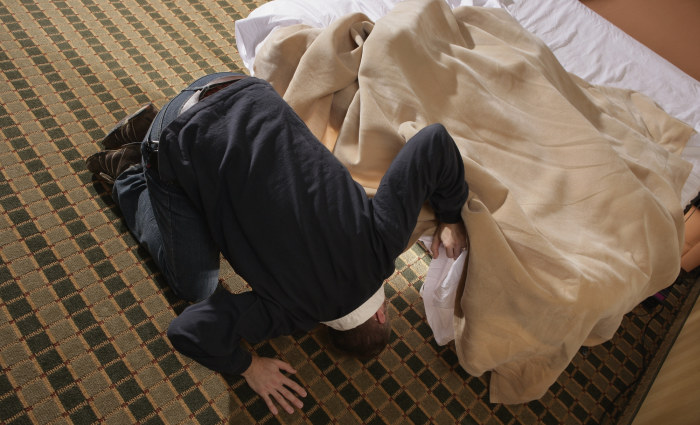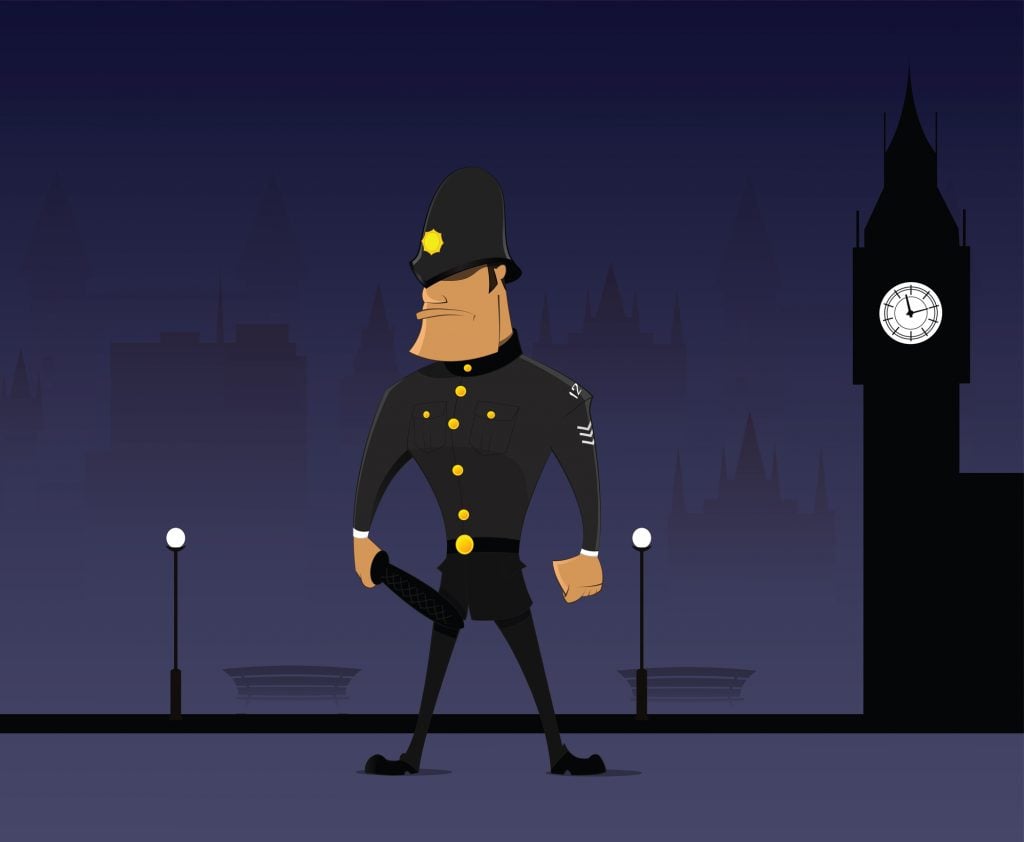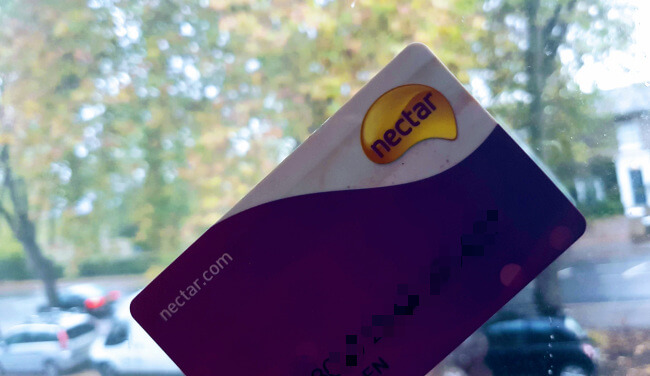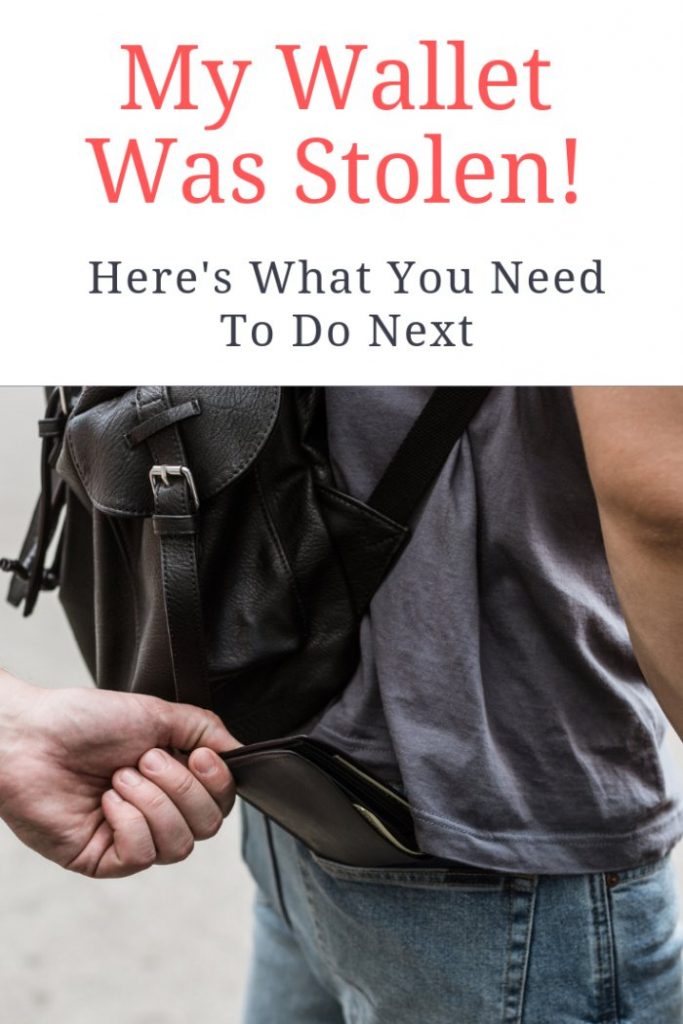Help, I lost my wallet/purse! Whether it was stolen or just misplaced, these are the things you must do right away – From cancelling debit cards to monitoring your credit report.
Having your wallet (or purse, or bag) stolen is a terrible ordeal. It feels like an invasion of privacy – someone manages to get hold of your most personal belongings (and a wallet feels very personal).
And so, when my husband’s wallet got stolen recently, we both felt bad, and scared, and at a loss as to what to do now. Where do we start? should we call the police? (They will surely put their best detectives on the case!) , is it enough to freeze our debit cards? What was even IN the wallet, how can anyone remember?
Then I remembered I’m a blogger, and decided to see the silver lining – it’s a perfect opportunity to write a guide on what you need to do when your wallet is stolen (or simply lost) in the UK.
And to make it even better, I also enlisted the help of some of the UK’s best money bloggers, with additional tips and personal stories. So let’s dive in…
Table of Contents
1. Calm Down – And Make Sure It’s Actually Lost
First step – breathe. Losing a wallet or a bag full of personal stuff is bad, but it’s not the end of the world. Everything can be replaced, and in most cases, you’re only going to lose a small amount of money – so calm down.
Then stop for a moment and make sure your wallet is actually gone. A few years ago my husband (the same one!) thought his wallet was stolen, only to discover two days later that it just fell into a box at work. So try and think where you saw it last, and if there’s any chance that you just misplaced it.

Still gone? OK, let’s move on to…
2. Freeze Your Debit/Credit Cards
Most debit and credit cards these days have the Contactless feature, where they can be used in shops to pay up to £30 without the PIN code.
The thing is, the card can be used again and again – up to that limit. So when our wallet got stolen, the thief quickly went to several shops and bought goods that cost less than £30 in each one. So in total, we were left with around £100 out of pocket – until the bank’s automatic security system noticed something fishy and blocked contactless payments.
In addition, if you happened to keep your PIN inside your wallet next to the debit/credit card (that’s a big NO NO!), the thief can use your card to buy anything, and even use a cash machine.
So, your very first step after you realise your wallet is gone, is to FREEZE your cards.
These days, many banks let you do this via the bank’s app on your phone – so you don’t even have to call the bank. Alternatively, you can usually do it on the bank’s website. But calling is always an option as well.
Quick Tip – Should I Freeze Or Cancel My Cards?
If you cancel your debit/credit cards, they will no longer work and you will have to order new cards, with new numbers. That also means re-registering your cards everywhere – online stores, subscriptions services, etc’.
So I would suggest you freeze your cards first – and then take some time, again, to make sure your cards are actually lost/stolen and not just misplaced. If you end up finding the card – you can unfreeze it and all is well again. If you don’t find the card, then you can cancel it and order a new one.
3. Make A List Of Everything That Was In Your Wallet / Bag
It’s important to know what you lost, exactly. You would need to know which cards to cancel, which store loyalty cards to re-order, maybe you even had a library card…
Plus, the police – or your insurance company – might want to know exactly what was stolen. So at this point, when everything is still relatively fresh in your mind, sit down and make a list of everything that was there:
- Cash
- Payment cards (debit/credit)
- Oyster / Travel Card / Train tickets
- Gift cards
- Store loyalty cards (Tesco, Nectar, etc’)
- ID card / Passport
- Driving licence
- Cards/notes with personal information such as address/date of birth
Now that you have a list, you’re ready for the next step.
UK Money Blogger Tip
My grandma once lost her handbag in the town centre and was in Debenhams understandably quite upset.
The personal shopper took her aside and had a “lost handbag checklist” and it had hundreds of items on the list to prompt her memory of things that might have been inside of it.
All the loyalty cards as well as debit and credit cards and personal items like brush, make-up and jewellery.
This helped with the description to the police but also with her insurance claim. Getting all the information whilst her memory was fresh of the bag’s contents was key to her getting most of the value back!
Hollie Hutchinson, Thrifty Mum
4. Check Questionable Purchases And Talk To Your Bank
By now your debit card should already be frozen or cancelled, but if you did it via the app or the website, it’s time to actually talk with your bank’s fraud department.
Quick Tip – Don’t Trust Calls / Texts From “Your Bank”
If your bank notices suspicious activity with your card, they might send you a text message or even call. That’s fine – but the person on the other side might actually be… the one who stole your wallet.
Fraudsters have been known to spoof messages and calls from banks, trying to get information from you (and even passwords) which they will then use – with other details from your wallet – to steal your identity.
So, don’t give ANY information to ANYONE who called you. Instead, hang up and call your bank yourself, with a number taken from the bank’s OFFICIAL website.
Before you call your bank or your credit card company, it’s a good idea to check your online statement. Depending on the bank, you might already be able to see transactions the thief might have made with your stolen card.
When you call your bank, explain that the card has been stolen, and give them a list of the transactions and purchases you didn’t do.

If you call your bank (and credit card company) without delay, they will start a fraud investigation, and – in most cases – will refund the money that was taken illegally. (Unless they have reason to believe you were negligent – but they will then need to prove it).
In theory, you’re liable for the first £50 used by the thief (before you reported the theft), but many banks will still give you back the full amount.
As for any cash that was in your wallet – that’s gone, unfortunately. If you had a large sum, you MIGHT be able to get it back from your insurance company, if you have a personal possessions insurance, but it depends on your policy (and the total amount of cash they insure, if any) – so check out the policy.
It’s important to keep checking your bank/credit card statements in the coming days, because some transactions made by the thief might take longer to appear.
UK Money Blogger Tip
To try and ease some of the sadness and the stress of losing your purse or wallet, or having it stolen, I suggest taking some photo booth style photos (or printing your own out at home).
This way when you open your new purse or wallet you will have a cherished memory to look on, rather than just thinking about the items that you have lost that perhaps couldn’t be replaced.
Katy Stevens, KatyKicker
5. Order New Debit / Credit Cards / Travel Cards
It’s a good idea to have another payment card at home, for emergencies – but either way, you should now order a replacement card from your bank or credit card company. This can usually be done online or even via the bank’s app, but might take up to 10 business days with some banks (though it’s usually a lot faster).
Remember – you’re going to get a new card with completely new details and numbers. So you’ll have to contact all the places and websites where your card was registered as a payment card, otherwise future transactions won’t go through. (Direct Debit transactions shouldn’t be affected, as those are connected to your current account, and not your card).
This is also a good time to order new copies of your driving license or any other official IDs and documents you lost.
Additionally, don’t forget your Oyster (or other travel cards). If your Oyster card was registered with TFL under your name (you can do that here), then you can cancel your lost card and order a new one. They’ll then transfer the amount that was on your card, into the new one.
UK Money Blogger Tip
My phone was taken last week. I had so many apps that I used to manage things such as banking, shopping and cashback sites, that I had to go and change passwords on.
It’s a horrible experience to go through but you could take the opportunity to have a mini-audit of the accounts and cards that you have and close down things that you don’t use.
Jennifer Dixon, My Mummy’s Pennies
6. File A Police Report
It might sound a bit silly to file a police report for a stolen wallet with some cash and a couple of credit cards. After all, let’s face it – detectives are not going to drop by your house for this, and Inspector Morse is not going to scour the streets, looking for clues that will lead to your wallet.

However, it’s still important to file a police report – and get a case number. You might need it for your insurance claim, your bank might ask for it if there’s any trouble, or you might need it to prove there was a crime in case you face identity theft in the future.
Thankfully, it’s easier than ever to file a police report – you don’t even need to go to a police station with some police forces – and you can do it all online.
If you’re in London, you can report the crime via this Metropolitan Police page.
UK Money Blogger Tip
Check your local spotted and selling page sites before you give up all hope. People these days seem to post on Facebook a lot when they find items such as phones and purses.
Also, post a status that is open to the public and can be shared, my brother had his wallet handed back to him from this method. People like to be heroes!
Claire Roach, Daily Deals UK
7. If You Lost Your Key – Change The Locks
If you happened to keep your key inside your wallet (bad idea!), or if your whole purse/bag was stolen and your house keys were there – you should hurry up and change the locks.
The thief can find your address pretty easily – either directly on your driving licence or similar ID card, or indirectly by cross-referencing other details in your wallet with websites – and even social media – where your address might appear.
8. Cancel And Re-Order Loyalty Cards
This might sound like a low priority – however, some loyalty cards like Nectar (Sainsbury’s card) and Tesco might hold points that are equivalent to large sums of money. The thief can just go to the supermarket with your card – and use-up your points pretty easily.

So try to remember each loyalty/membership card you had in your wallet, and use the app/website/phone-call to cancel the card and order a new one, with a new membership number.
UK Money Blogger Tip
Don’t keep every bank card and loyalty card you’ve ever owned in your purse, so it takes forever to cancel everything and get them reissued, while living without access to cash machines or card payments (voice of bitter experience).
Consider using an app like StoCard to store loyalty card details on your phone, and keep a card for a separate current account at home.
Faith Archer, Much More With Less
9. Check – And Monitor – Your Credit Report
Our wallets have a lot of personal information in them – our names, the banks we work with, sometimes our address and maybe even our date of birth.
A thief who is also a fraudster can try to use this information for Identity Theft, applying for loans in your name, opening current accounts, or even ordering from shops and websites – all under your name. Then, when he disappears without paying, companies will start chasing the real you for that money…
It’s important to be aware of this possibility and catch any attempts right away. Therefore, in the days and weeks after losing your wallet, you should keep a close eye on your credit score and credit report, looking for any suspicious credit checks or even new loans/credit cards.
Remember – there are three separate credit reference agencies in the UK, so you would do best to check with all of them:
- Experian – You can check the full report via MSE Credit Club.
- Equifax – You can check it for free via ClearScore.
- TransUnion (Previously CallCredit) – You can check it for free via Credit Karma).
10. Identity Theft Protection With Cifas
This might be overkill for some – but if your wallet had a lot of personal information, and you have good reason to fear someone might impersonate you for money fraud – consider registering with CIFAS (Credit Industry Fraud Avoidance System).
This not-for-profit association offers a Protection Registration service (currently at £25 for two years), which will mark your name with the credit reference agencies as someone who is at risk of becoming a victim of identity fraud.
When your name is flagged, and someone (you included!) tries to take out a loan or apply for other financial products, extra safety checks will be taken by the financial bodies. Keep in mind, this will also make it more difficult for the “real” you to take out a loan or order a new credit card – but it does offer extra protection.
11. Check Your Personal Possessions Insurance Policy
Home contents insurance policies sometimes come with a Personal Possessions addon, which insures valuable items (and sometimes even cash) that you carry around with you.
If you had any expensive items in your wallet/purse/bag, or a substantial amount of cash, check your insurance policy – you might be able to claim compensation.
UK Money Blogger Tip
I had my wallet stolen and my insurance company covered it despite me having no receipt. It was a wedding gift from my husband, so I emailed a photo of me opening the wallet on my wedding day to the insurance company so they could see it was a Marc Jacobs one.
They couldn’t replace like for like as it was 4 years old, but instead, they gave me a £300 Selfridges gift card to replace it!
Obviously, I bought a cheaper Mulberry wallet, and a nice new coat!
My advice? If you have an expensive wallet or bag, take a photo of yourself with it!
Di Coke, SuperLucky
How To Prepare For Losing Your Wallet
Hopefully, you’ll never face the prospect of losing your wallet ever again – but let’s face it, there’s a good chance it’ll happen.
However, to avoid at least some of the frustrations, there are steps you can take BEFORE you lose you wallet, to makes things easier when it does happen:
- Make a list of everything you carry in your wallet: Payment cards, IDs, loyalty cards, driving license, etc’.
- Don’t carry all your cards with you – leave at least one debit/credit card at home, for emergencies.
- Keep emergency cash hidden in a safe place on your body / in your clothes / in your bag. This keyring is useful for that.
- Keep emergency cash at home (not too much, of course).
- Don’t carry a lot of cash with you
- Keep your Oyster (or travel card) card separate from your wallet
- Don’t carry any unnecessary personal information in your wallet
UK Money Blogger Tip
Having copies of important documents can be really useful. We have laminated copies of our passports which we used as ID on holiday in the USA to save us taking the real thing with us everyday.
If passports are lost or stolen having the reference numbers for them can make getting replacement documents much easier.
Fiona Elizabeth Hawkes, Savvy In Somerset
Bottom Line: Losing A Wallet Is Manageable
Sure, there are a lot of things to do when you lose your wallet, and you will, most likely, lose at least some money.
But if you follow the tips on this list, you’ll see that losing your wallet is an unpleasant ordeal, but not something you should lose too much sleep over.
Now, it’s time to go out and get yourself a new wallet…


Have learnt my lesson although it has taken me 77 years to take root. Shopped at local supermarket, returned shopping in boot, bag under another bag on front seat. Walked back to take the trolley about one and half minutes, bag gone. Keys in hand but didn’t press the locking key my mistake. One my way to daughters, so a weeks pension cash in bag, plus debt and credit cards, driving license, bus pass, loyalty cards, photos – in fact everything except kitchen sink. Now it will be a purse with a fiver and a debit card, specs, tissues and cheap mobile for emergencies. Have followed your article and will take your advice on identity fraud. Thanks.